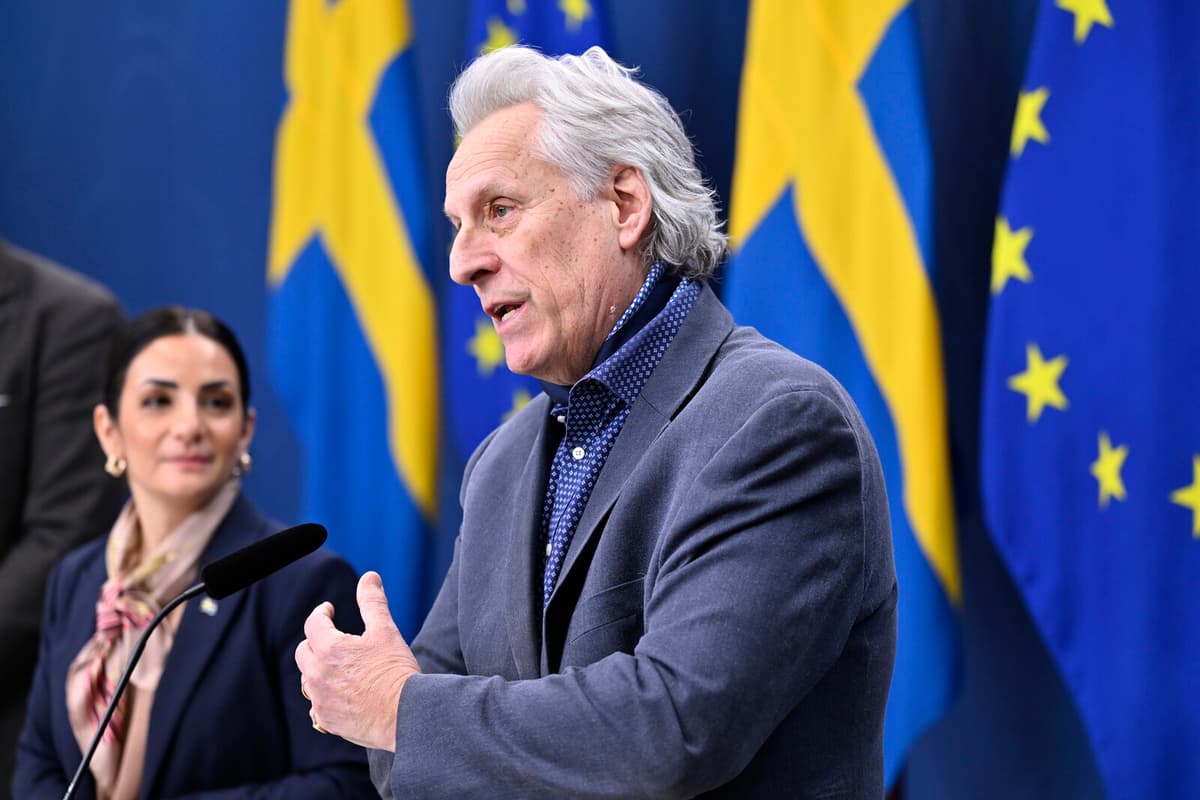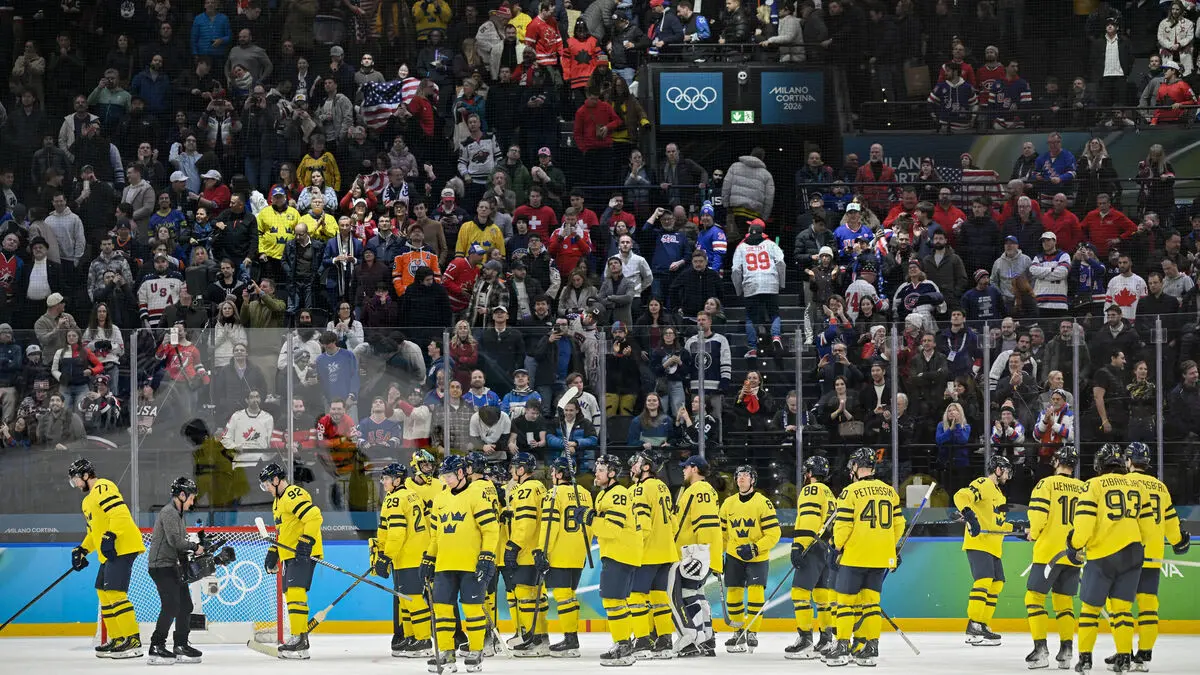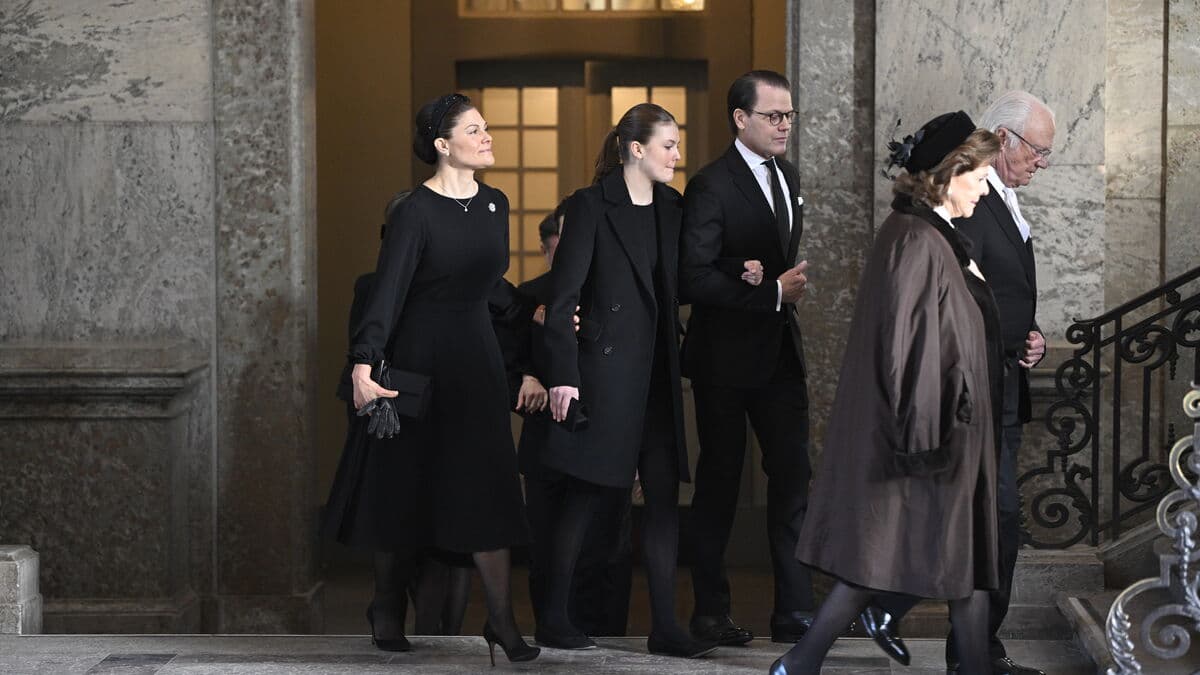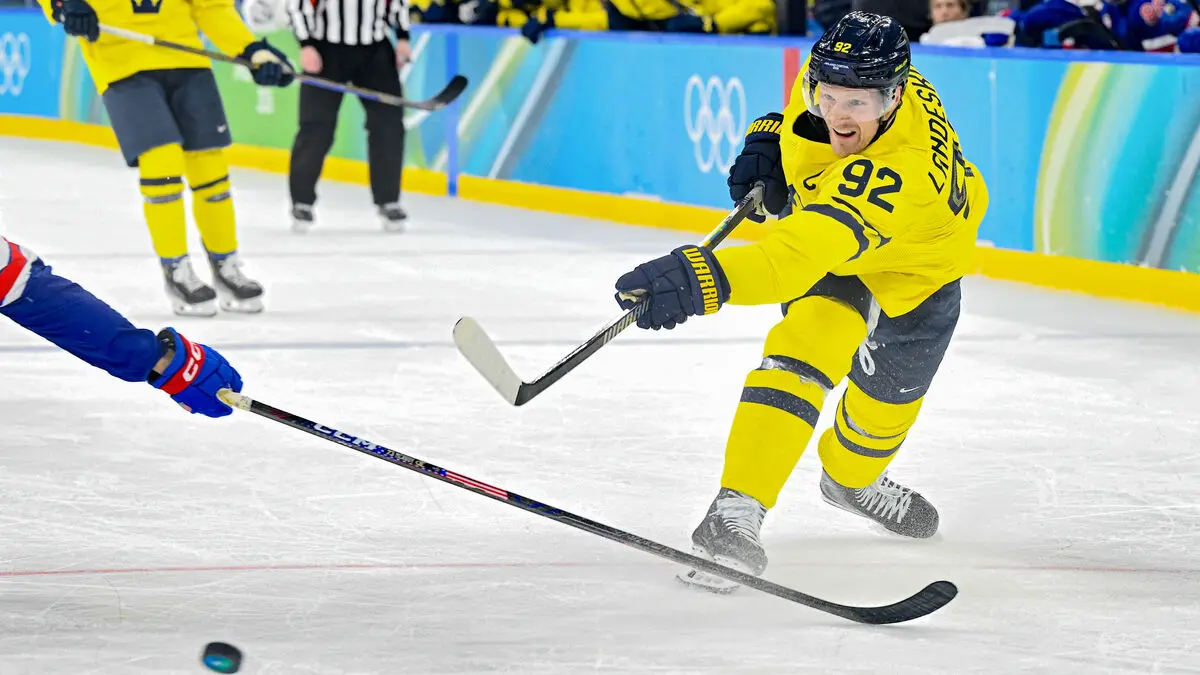On Tuesday, historian Lars Trägårdh will hand over the Swedish cultural canon to the Minister of Culture at a press conference in Uppsala.
The work has been going on for almost two years, and the project has been controversial. The fact that the state compiles a list of important cultural works has, among other things, been dismissed by the Swedish Academy, and the Social Democrats have strongly criticized the Tidö parties for minority perspectives being overlooked in the list.
Food, art and religion
The Swedish canon is expected to contain 100 works – at least 50 years old – divided into two categories. Partly art forms such as literature, film, performing arts and music, partly society with a focus on religion, law and justice, economy and history.
Food will also have a place in the cultural canon. Among the proposals submitted by the public, there are about 80 dishes or ingredients, such as rutabaga, Flying Jacob, pea soup with punch, isterband, herring, strawberries and potatoes.
That food should be included on the list is obvious, according to Lars Trägårdh:
For me, as a son of an innkeeper, it is undeniable that food is culture. It is a fundamental part of being human, but also a fundamental part of our Swedish cultural heritage, he previously said to Ystads Allehanda.
School or not?
But how should a Swedish cultural canon be presented, who should take part in it? Trägårdh sees the school as central to communicating the works and phenomena on the list.
If this does not have an effect in school, it is completely meaningless, he said to Sveriges Radio in the spring.
This statement has, however, been criticized by assessors who warn that teachers may become disheartened by fixed directives on exactly what should be read in school.
The decision to produce a cultural canon was included in the Tidö Agreement between The Moderate Party, The Christian Democrats, The Liberals and The Sweden Democrats after the 2022 election. The work has been led by Trägårdh, who with the help of two expert groups has produced the works that are now being presented.
The decision to produce a Swedish cultural canon was made by The Moderate Party, The Christian Democrats, The Liberals and The Sweden Democrats in 2022. The production of the list has cost approximately eight million kronor.
In the Tidö Agreement, the government and The Sweden Democrats wrote that they would let independent expert committees in different areas produce proposals for a Swedish cultural canon. Canon is translated in the Swedish Academy's dictionary as "norm".
Denmark's cultural canon was completed in 2006 amidst fierce debate and was published as a book and a website that is now closed. In Danish schools, it lives on in the form of a must-read list of 13 male authors and one female, Karen Blixen, that students should read.
In March this year, the Danish government decided to update the literature list for a more even gender balance. The new proposal is to be presented by September 30 at the latest.
Even, for example, the Netherlands has a cultural canon, broader and somewhat less "traditional" than Denmark's. It was revised in 2020, among other things after debate about the country's relationship to colonialism, slavery and migration. The latest revision places greater emphasis on inclusion, diversity and critical perspectives.






